Worms Are The Answer!

If most industrial farming methods interrupt the soil food web and the connection between the plant hair roots so that it does not function as nature intended, we need to turn to farming methods that do work with nature. Biological farming which includes organic, biodynamic, regenerative, sustainable and holistic management all work with Mother Nature.
Many farmers are adopting some, if not all, of one of these practices. Across the world there is a growing group of farmers who are now allowing native pastures to grow and incorporating these with their cropping, leaving weeds to live their cycle, making their own composts, brewing their own compost teas and microbes and experimenting with grazing patterns to see what works best for them.
One of these biological practices which are becoming very popular due to its low cost in time, money and risk is vermiculture which includes the use of vermicast (worm castings) and vermicompost teas. This method is used by backyard gardeners as well as farmers with many 1000s of hectares.
Vermicast can be made from any animal manure as well as a mixture of vegetable wastes, paper or cardboard or any material that was once living. These items are generally regarded as unwanted waste, but can readily be converted into rich life-giving soil.
Some farmers may challenge that vermicast is even a fertiliser as they are used to assessing fertilisers by their available or soluble NPK content.
However, as many are discovering, well-made vermicast not only contains Nitrogen, Phosphorus and Potassium it also contains other valuable nutrients such as carbon, magnesium, calcium, zinc and copper.
A well-made vermicast also contains mycorrhizal fungi or spores as well as humic and fulvic acids thus reducing the need for expensive additives. This in fact is one of the advantages that vermicast has over NPK chemical fertilisers.
For it is this extraordinary biological activation that facilitates the release of the nutrients in the soil which are released slowly as the plants require them with the result that plants grow stronger, more healthy and more evenly, able to resist insect attack and disease.
Whilst conventional fertilizers are highly soluble so that the plant can absorb them, they are also prone to leaching. This means that much of the farmer’s money is wasted as a good percentage of the nutrients are either washed away or become unavailable to the plant within a short period. A good example of this is superphosphate which CSIRO’s studies show is locked up after only 6 weeks following application. This can be likened to you receiving a year’s supply of food put on your table all at once.
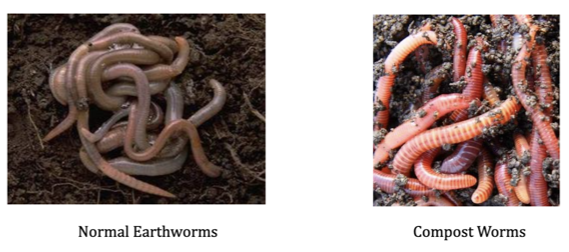
What is needed is a living soil food web that continually allows all the nutrients. which are primarily produced in non-available form, to be unlocked through microbial activity.
Dr. Elaine Ingham, a world-renowned microbiologist has stated that most Australian Farms have all the minerals they need, but that they are generally unavailable to plants, being still in the soil as tiny rock particles, waiting for the right microbes to come along and digest them. Through applying vermicast or vermicompost teas many farmers following biological farming practices are now seeing the return of good friable living soils, the return of grasses and the disappearance of weeds as the biology works to bring balance back to the soil.
Another advantage of vermicast is that it is negatively charged which means that each gram of vermicast can hold up to 6 grams of water and will hold it until the plant itself sucks the moisture from it. This is why farmers using vermicast report pastures holding on long after other farms have dried off. This increase in water-holding capacity is another factor in biological farming as carbon builds in the soil. Bearing in mind that the compost can be made from everyday household waste, currently going to landfill worm composting is a win-win for all plus for the planet.
How do you know if your soil is healthy?
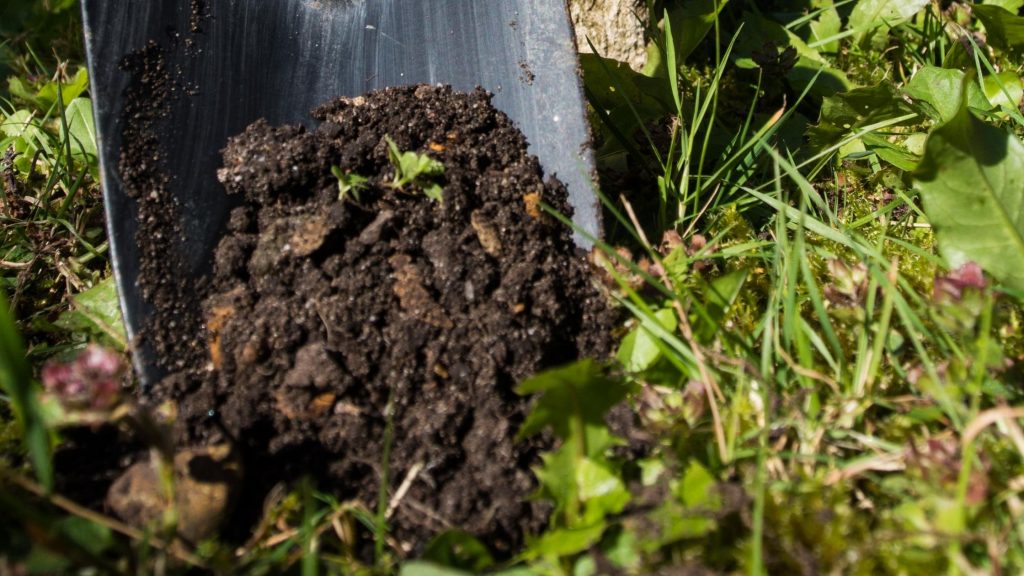
Some would say that a healthy soil is one that is chemically balanced, that is has a pH of around 7. Others would say it is one where there are no weeds. However here are a few simple measures that will give you a fair guide if your soil is healthy.
A common one we all know about healthy soils is the presence of earthworms and other small creatures. We also measure the amount of plant cover and the type of plant cover. If your soil is healthy a spade will go in fairly easily.
A common one we all know about healthy soils is the presence of earthworms and other small creatures. We also measure the amount of plant cover and the type of plant cover. If your soil is healthy a spade will go in fairly easily
For a full version of a practical exercise which your children will love doing can be found here at the Soil Learning Center

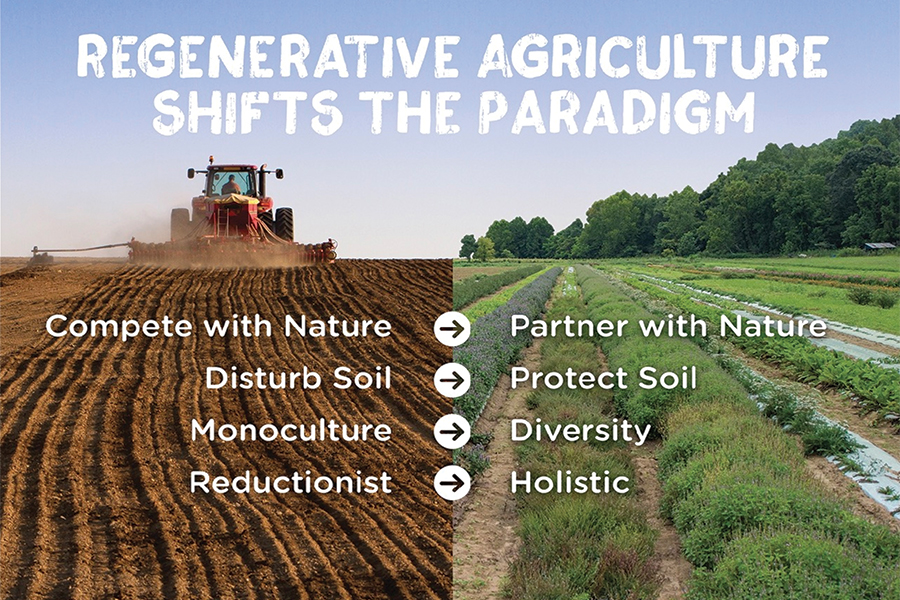


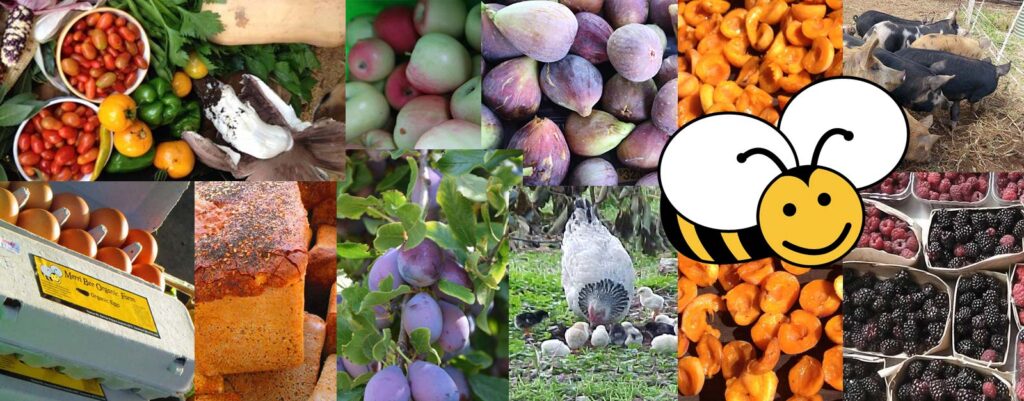
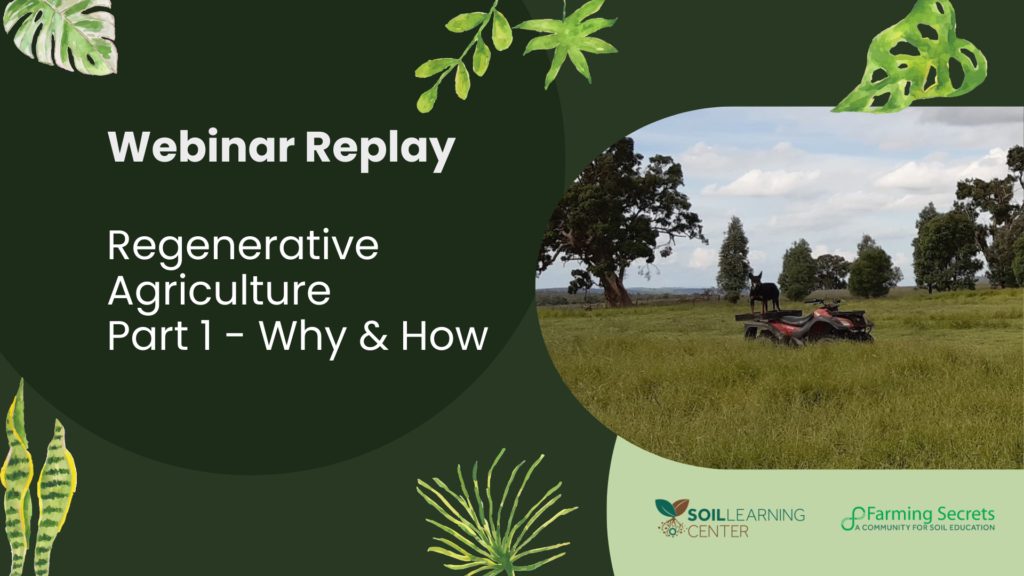

Responses